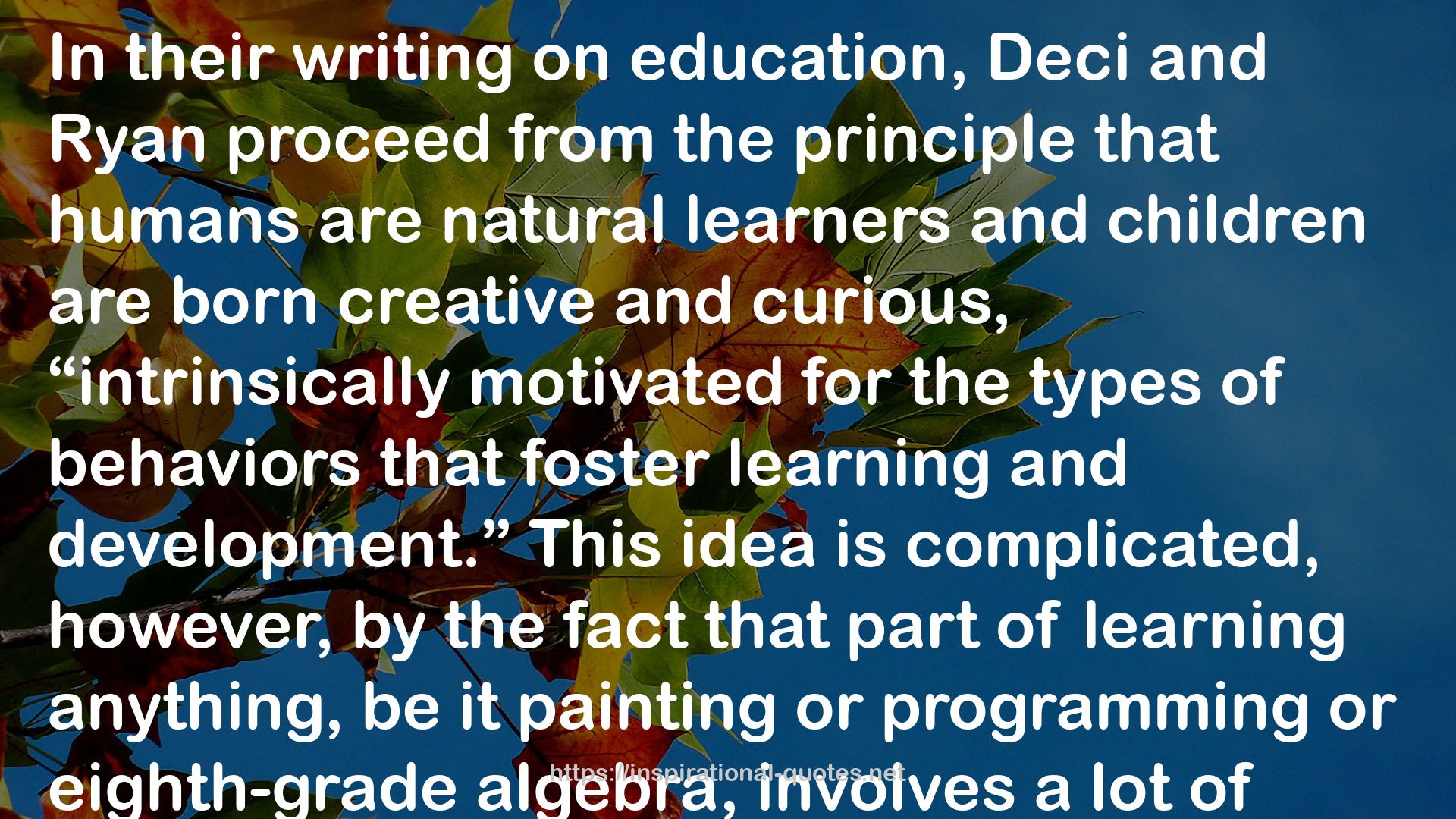Helping Children Succeed: What Works and Why QUOTES
SOME WORKS
- The Book of Candle Magic: Candle Spell Secrets to Change Your Life
- The Invention of Love
- Birds, Beasts, and Bandits: 14 Days with Veerappan
- Love's Shadow: Nine Crooked Paths
- The Illumination
- Eightt is God
- The Alchemy of Freedom: The Philosophers' Stone and the Secrets of Existence
- In Praise of Shadows
- Sonnet of A Man [Print Replica] Kindle Edition
- Thunder in the Soul: To Be Known by God

